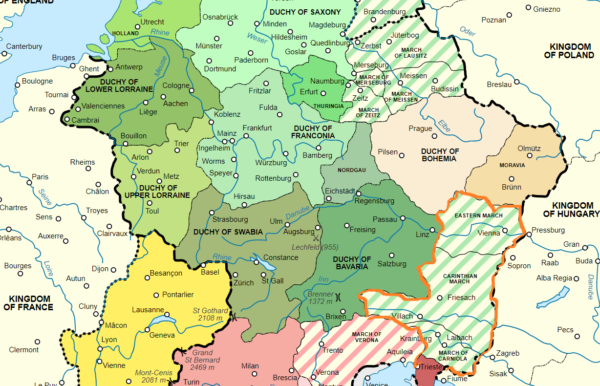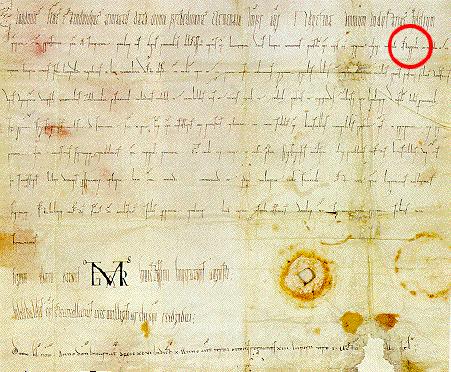Baby
The earliest written references to Vindobona are given by Strabo in his Geographica (published before 23 AD) while the historian Aurelius Victor recounts that Emperor Marcus Aurelius died in Vindobona (in the movie Gladiator he was assassinated by his son in a camp near the German frontier) in March 180 AD.
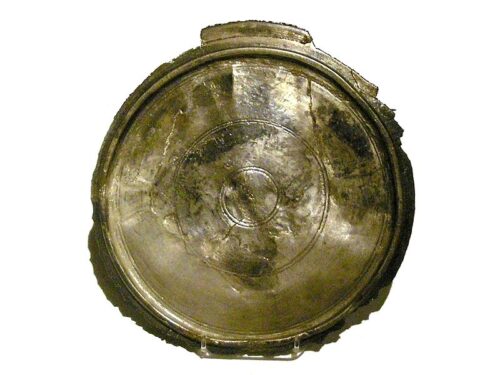
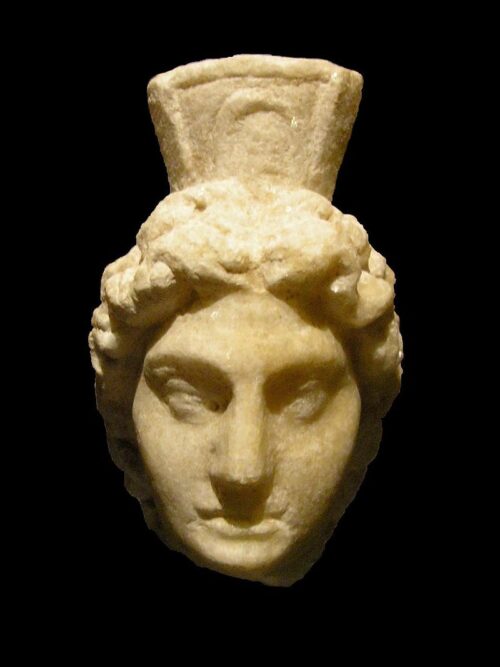
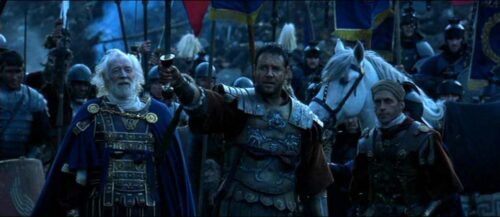
Vindobona became one of the most important outposts for the defense of the Roman heartland. Its fortifications were especially important due to the famous Amber Road, the ancient trade route of the precious mineral that extended from the coasts of the Mediterranean to the Baltic, passing the River of Danube at the site of the fort-city.
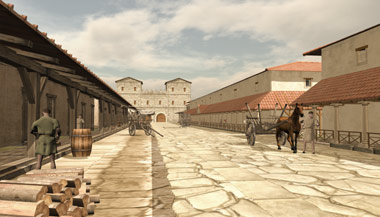
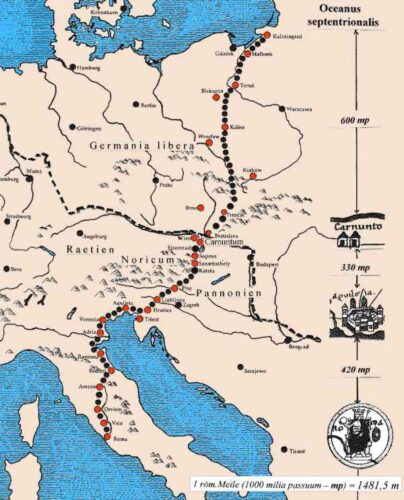
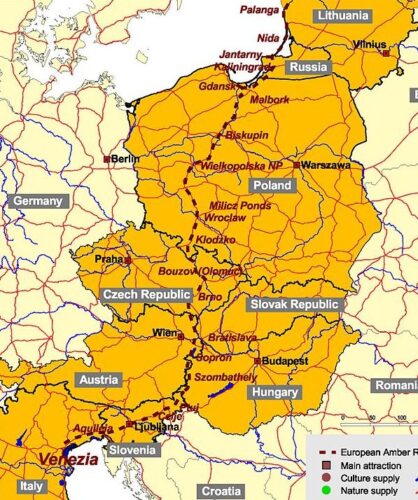
Constant pressure by the Germanic tribes, a tremendous flood of the river Danube during the 3rd century but most of all the dramatic decline of the Roman Empire during the 4th century combined with a devastating fire at the beginning of the 5th diminished the size of the settlement that was soon after deserted by the Romans. The era known as Migration period had already started leading to the collapse of the Western Roman Empire in the middle of the 5th century. Pannonia was ceded to the Huns by Theodosius II . After the death of Attila it successively passed from the hands of the Ostrogoths (456-6th century), to the Lombards (530-568) later the Gepids, the Byzantines, the Avars and the Slavs.
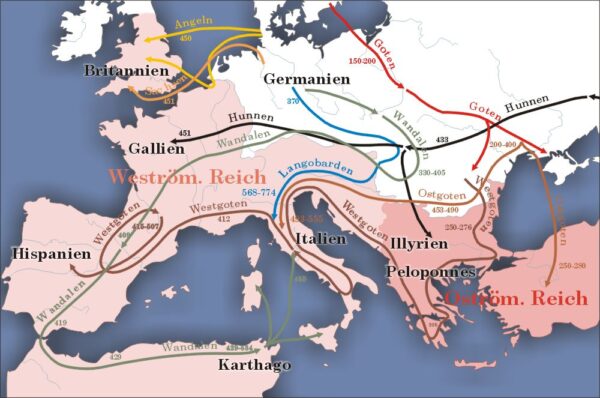
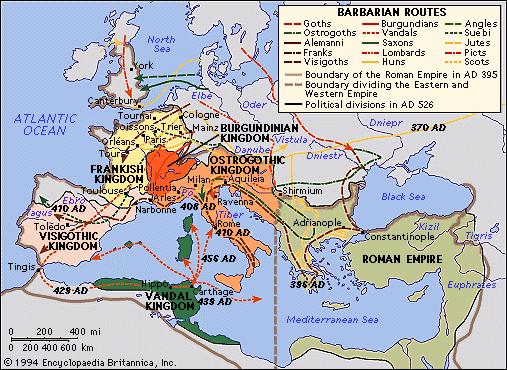
It seems that a small settlement continued to exist under the protection provided by the remnants of the ancient camp until the Carolingian Empire of the Franks managed to incorporate the lands ruled by the Avars by the 820’s.
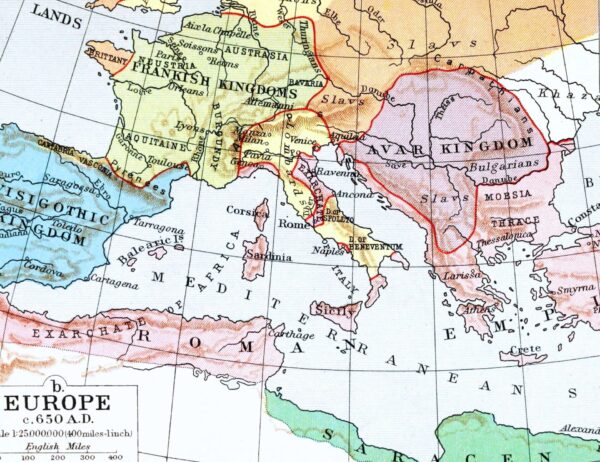
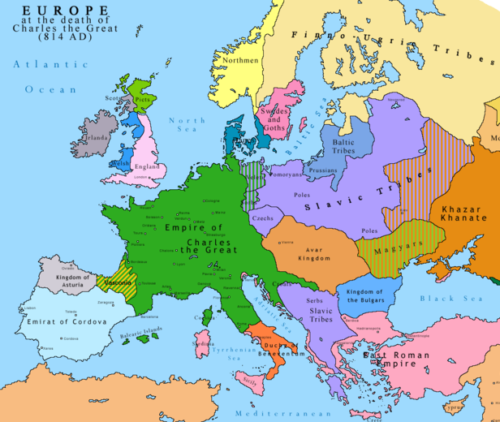
Part of the kingdom of East Frankia after the Treaty of Verdun in 843, the frontier region had to face the invasion of another storming nation, the Magyars, who roamed the lands of central Europe before they finally settled in the territories of modern day Hungary at the end of 10th century.
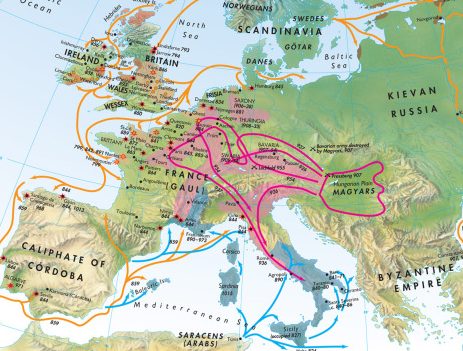
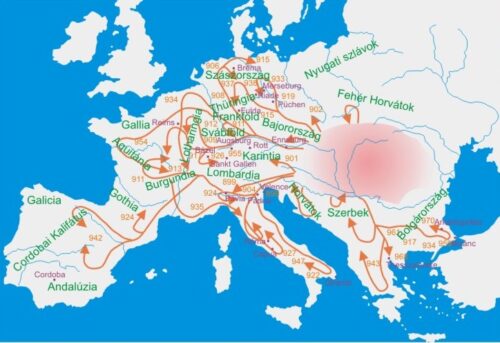
The defeat of the constantly raiding Magyars by Otto I, (German King from 936) in the Battle of Lechfeld in 955, elevated the king’s status into that of a Holy Roman Emperor & put a stop into the almost 100 year long era of Magyar aggression, giving the eastern territories of the Empire the needed stability for their further growth.
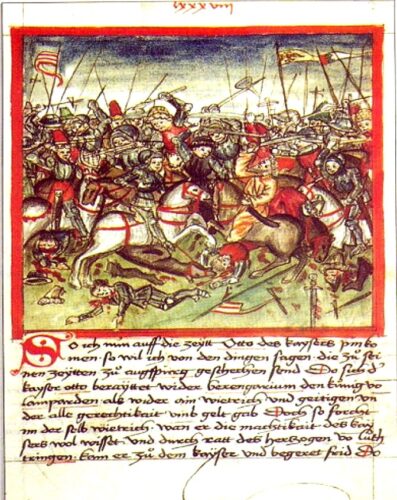
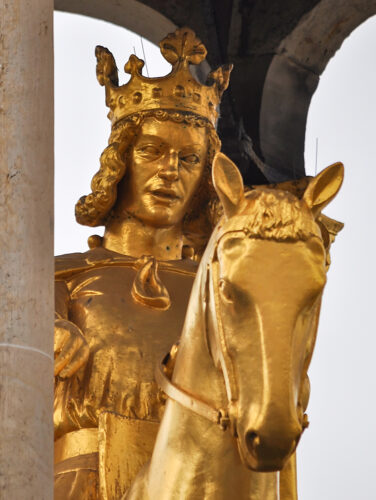
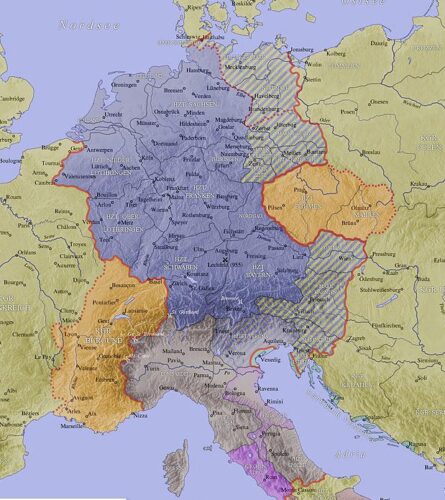
In 976 during a general restructuring of Bavaria by Otto II a new frontier county is set on the territory of the former Pannonian March. Leopold the illustrious (originally from Bamberg, present day Bavaria) is appointed Count of Marcha Orientalis (Eastern March) that would form the core of the future Arch-duchy of Austria.
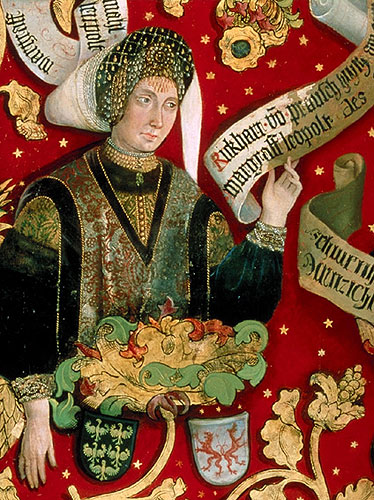
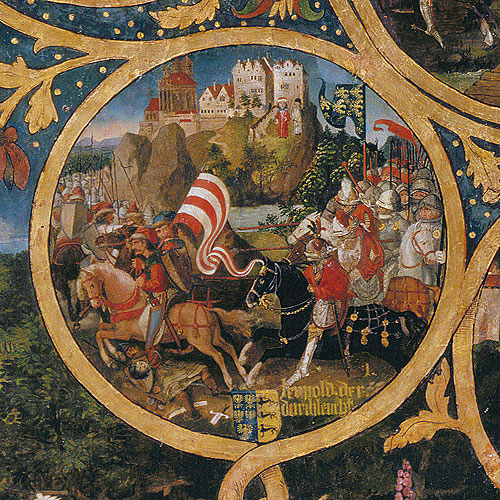
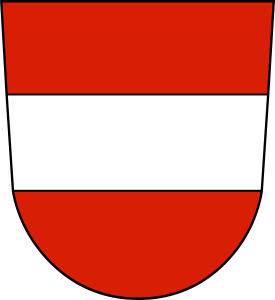
The formation of this Marcha Orientalis (eastern borderland) or Österreich (recorded in a document of 996 for the first time), or Austria in its Latinized form which prevailed, did not seem to have a particular effect for the city of Viena that continued to sit in the Magyar frontier until the first half of the 12th century.
